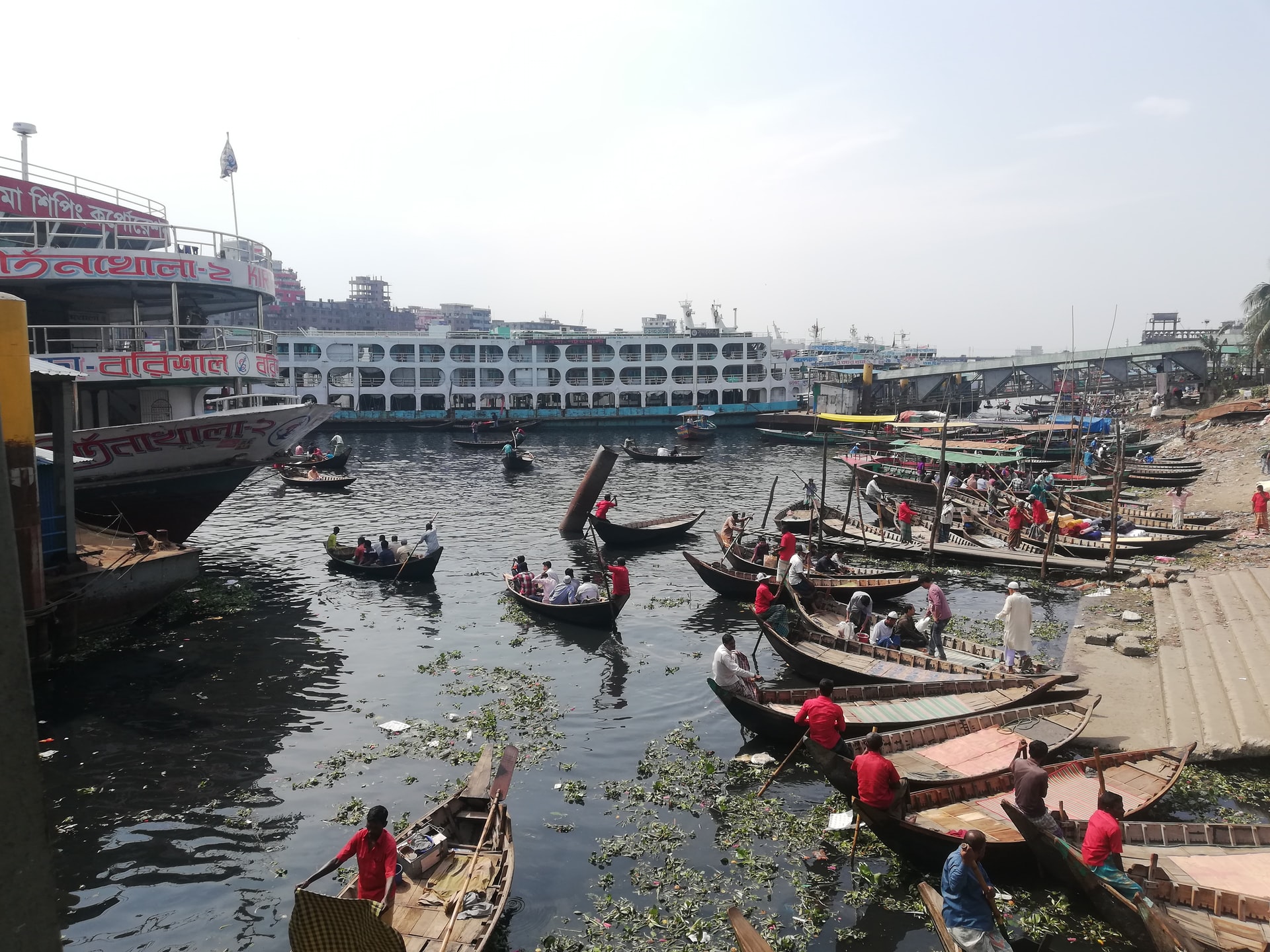
Photo: Sunset in the Jessore Sadar district of Bangladesh, one of the 190 nations where Unilever conducts business, and where the company has an opportunity to improve water stewardship over the next decade.
The multinational consumer goods company Unilever recently announced that it is teaming up with two new partners to meet three new water goals. With those goals, Unilever hopes to achieve “water security for all” by 2030.
A huge global footprint leads to a massive water footprint
The company is right to focus on water as one of its primary sustainability goals. With over 400 brands and products available in 190 countries, Unilever is operating in many places that are facing some sort of water stress. In addition, many of its products require water—everything from laundry and shampoo to tea and household cleaning products.
The new water stewardship goals follow up on previous targets set by Unilever, including halving the water associated with the consumer use of its products and reducing water abstraction in manufacturing by 40 percent by 2020. The company exceeded the manufacturing goal by 7 percent, but it recognizes that much more work needs to be done. Further, its end-user water footprint has actually increased by 1 percent, leading to a rethink about how to set future water targets.
Unilever looks ahead to 2030
99 percent of Unilever’s water consumption is linked to end use, creating a tricky problem of changing its customers’ behavior. For the 2030 goals, the company has continued to shift to focusing on product formulation and technology to ensure that less water is needed in the consumption of its products.
Further, as part of the focus on water use in its manufacturing goal, Unilever plans to implement water stewardship programs across 100 manufacturing sites in water-stressed areas. For that work, Unilever has teamed up with the Alliance for Water Stewardship to enable closer collaboration in shared water catchment areas around manufacturing sites.
To engage more fully within the societies in which it manufactures and sells products, Unilever has teamed up with the 2030 Water Resources Group, a public-private-civic organization hosted by the World Bank Group, to support country-level collaboration as a path to finding common interest across diverse groups seeking better water management solutions.
As a first dive into its partnership with 2030 WRG, Unilever has started working on a project with the Red Crescent Society aimed at addressing the spread of COVID-19 through access to clean drinking water, hygiene and handwashing. Bangladesh is an important place to start.
Bangladesh offers huge challenges and opportunities

While Bangladesh has an abundance of rivers running through its fertile landscape, many of its citizens still lack access to clean water. 5 million of the country’s 165 million people do not have clean water to drink or bath in, and 85 million lack improved sanitation. Many of the country’s 230 rivers are severely polluted and the coastal areas face additional threats: saltwater intrusion and storm surges. Climate change is poised to make matters worse. Floods, cyclones, earthquakes and droughts are increasing in intensity, further stressing the nation’s clean water supplies.
These climatic and environmental pressures along river ways and in battered coastal areas, along with the human rights crisis that has led to the Rohingya people fleeing persecution in Myanmar, are creating a much larger migratory push towards already strained cities and displacement centers. The results are even more threats to clean water availability and the fueling of crowded conditions that make containing the spread of COVID-19 more difficult. On top of that, the economic pressures burdening the country, of which 90 percent of the workforce is in the informal sector, creates a bleak picture.
Thus, the investments and commitments by companies such as Unilever to improve access to clean water and good sanitation is essential. COVID-19 is straining already challenged environmental situations, from climate justice to access to clean water to a busy hurricane season. Businesses are wise to consider how to reduce harm, increase benefits, and work collaboratively to solve the difficult problems we face. Looking through a multi-faceted lens to find solutions to complex, Unilever's push to take on several interwoven problems is a necessary first step.
Image credit: Reza/Unsplash

Kate is a writer and policy wonk, with a focus on water, clean energy, climate change and environmental security. She spent over a decade running energy-water nexus and energy efficiency programs at Environmental Defense Fund as well as time at the U.S. Departments of Energy and Defense, U.S. Government Accountability Office, and state and federal legislatures. She serves as an Advisory Board member of CleanTX, which aims to accelerate the growth of the clean tech industry in Texas.














